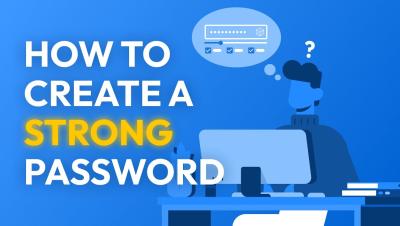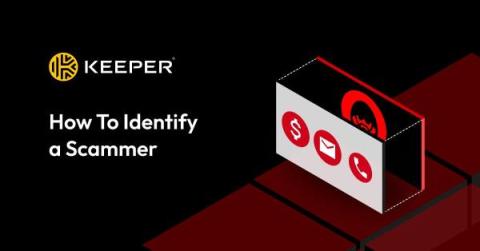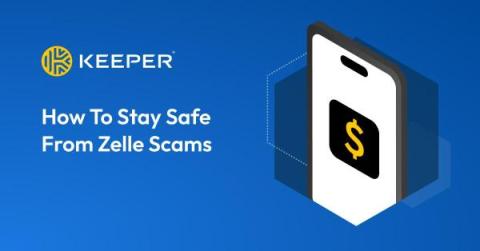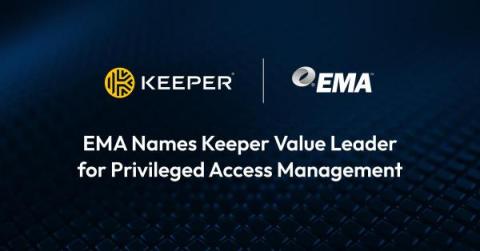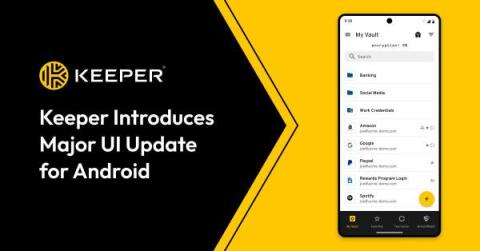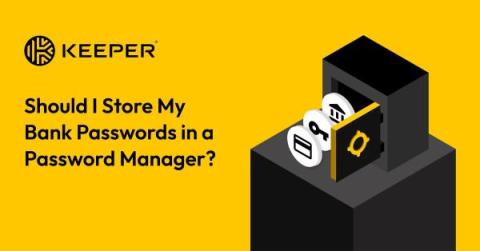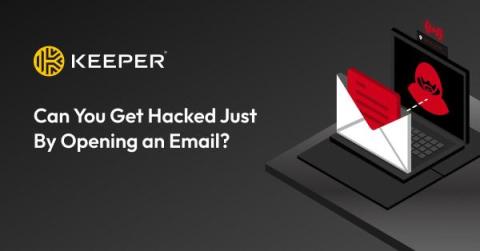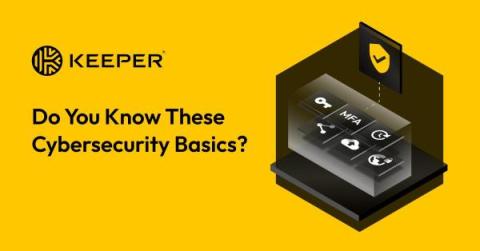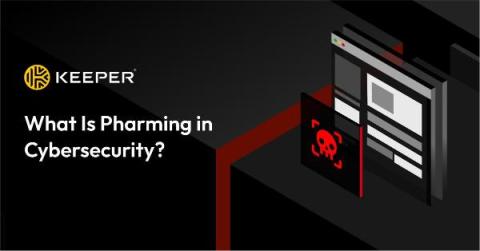Security | Threat Detection | Cyberattacks | DevSecOps | Compliance
Keeper
How To Identify a Scammer
You can identify a scammer by spotting red flags such as sudden requests for your personal information, grammatical and spelling errors in emails, offers that seem too good to be true, along with other signs. Read on to learn about the red flags that can help you identify scammers and what you can do if you’ve fallen for a scam.
How To Stay Safe From Zelle Scams
To stay safe from Zelle scams, you should only send Zelle payments to people you know, be wary of urgent payment requests, use a different app to send and receive payments from strangers, use strong passwords and enable Multi-Factor Authentication (MFA) on your banking accounts. Continue reading to learn about common Zelle scams and how to avoid falling victim to them.
EMA Names Keeper Value Leader for Privileged Access Management
Keeper Security’s Privileged Access Management (PAM) solution, KeeperPAM™, has been recognized as a Value Leader in PAM by the IT and data management analyst research and consulting firm, Enterprise Management Associates (EMA) on their EMA Radar Report for 2023.
Keeper Security Introduces Major UI Update for Android
Keeper Security is excited to announce a significant update to our Android app that we think users will love. This update is heavily focused on bringing the same fresh, modern look to our Android user interface that our Web and Desktop received earlier this year and iOS just last month. The highly anticipated release incorporates improved usability and a distinctly light and modern theme.
Should I Store My Bank Passwords in a Password Manager?
Storing your bank passwords in a password manager is the safest way to store them without putting them at risk of becoming compromised. When targeting online accounts, cybercriminals often target those that are most valuable, which includes your bank accounts. Securing your bank accounts with strong passwords is crucial to preventing bad actors from accessing them.
Password Manager for Multiple Platforms
Can You Get Hacked Just By Opening an Email?
No, you cannot get hacked just by opening an email. The only way you can get hacked through an email is by interacting with the contents of the email, such as clicking on a malicious link or attachment. Continue reading to learn more about malicious emails and how to avoid getting hacked through them.
Do You Know These Cybersecurity Basics?
There are many ways to safeguard your information online. Some cybersecurity basics you should already have down include using strong passwords, enabling Multi-Factor Authentication (MFA), regularly updating your software, limiting location sharing, not oversharing on social media, backing up your data and utilizing a VPN. Continue reading to learn more about what it looks like to implement these cybersecurity basics.
What Is Pharming in Cybersecurity?
Pharming in cybersecurity is a type of cyberattack that redirects website traffic from a legitimate site to a spoofed site, or fake site, with the intent of stealing sensitive information such as passwords and credit cards. These fake sites look almost identical to legitimate sites and can be difficult to spot – but not impossible. Continue reading to learn how to identify a pharming attack and protect yourself from it.


